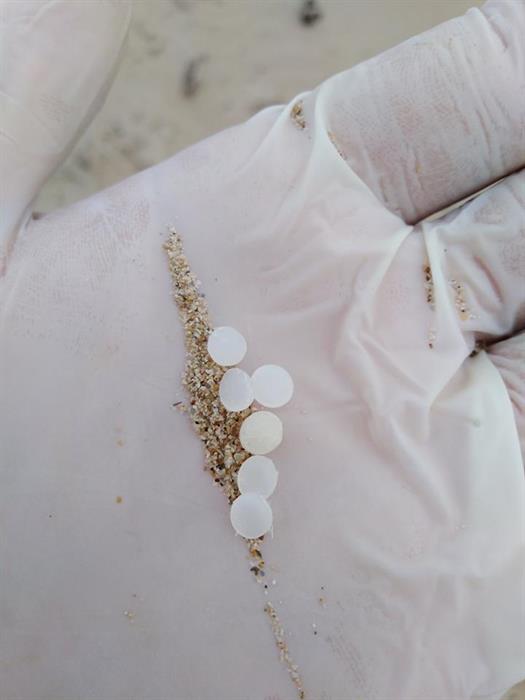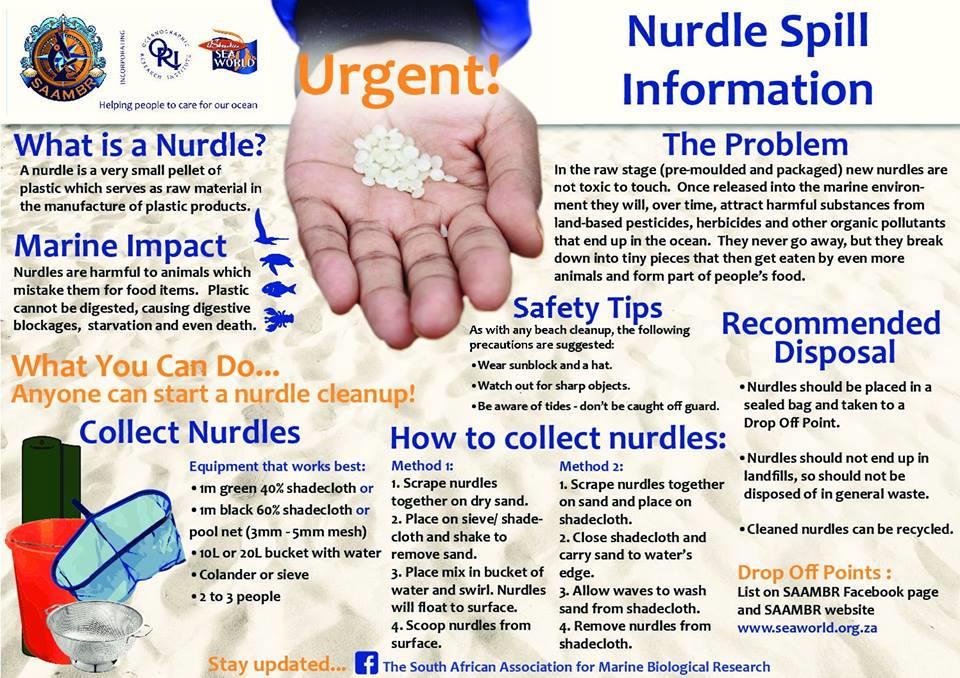Update
WITSAND NEWS - The Lower Breede River Conservancy Trust did a marine litter and marine debris survey on Witsand main beach on Sunday 17 March.
They collected lots of litter, of which 64% were pieces of plastic less than 2,5 cm in length. This was followed by plastic and foam packaging (12%) and plastic bottle caps (7%), particularly those from bottled water.
Some of the more unusual items found were a toothbrush, glow stick, cork from wine bottles and glow-in-the-dark fishing beads.
Nurdles (small plastic pellets) are still being found on our beaches and accounted for 4% of all litter found. These pellets come from the spill that occurred in Durban in 2017. Since these nurdles have been in the water for a long time, they could have attracted any harmful substances in the water such as pesticides and pollutants.
As the nurdles break down into smaller pieces, they get eaten by even more animals and then people eat these animals which can contain toxic chemicals.
"Everyone should help to get it off our beaches as soon as possible. If you find any nurdles on the beaches in the area, please drop them off at the Lower Breede River Conservancy Trust and do not put them in rubbish bins as they will just end up in the local rubbish dump and become a problem for other animals. We will get them sent off to be disposed of properly," one of the members said.
Read a previous article here: Nurdles are still around
 Nurdles found on the beach.
Nurdles found on the beach.
 Information about nurdles which was published by South African Association for Marine Biological Research (SAAMBR).
Information about nurdles which was published by South African Association for Marine Biological Research (SAAMBR).
'We bring you the latest Witsand, Hessequa news'

















